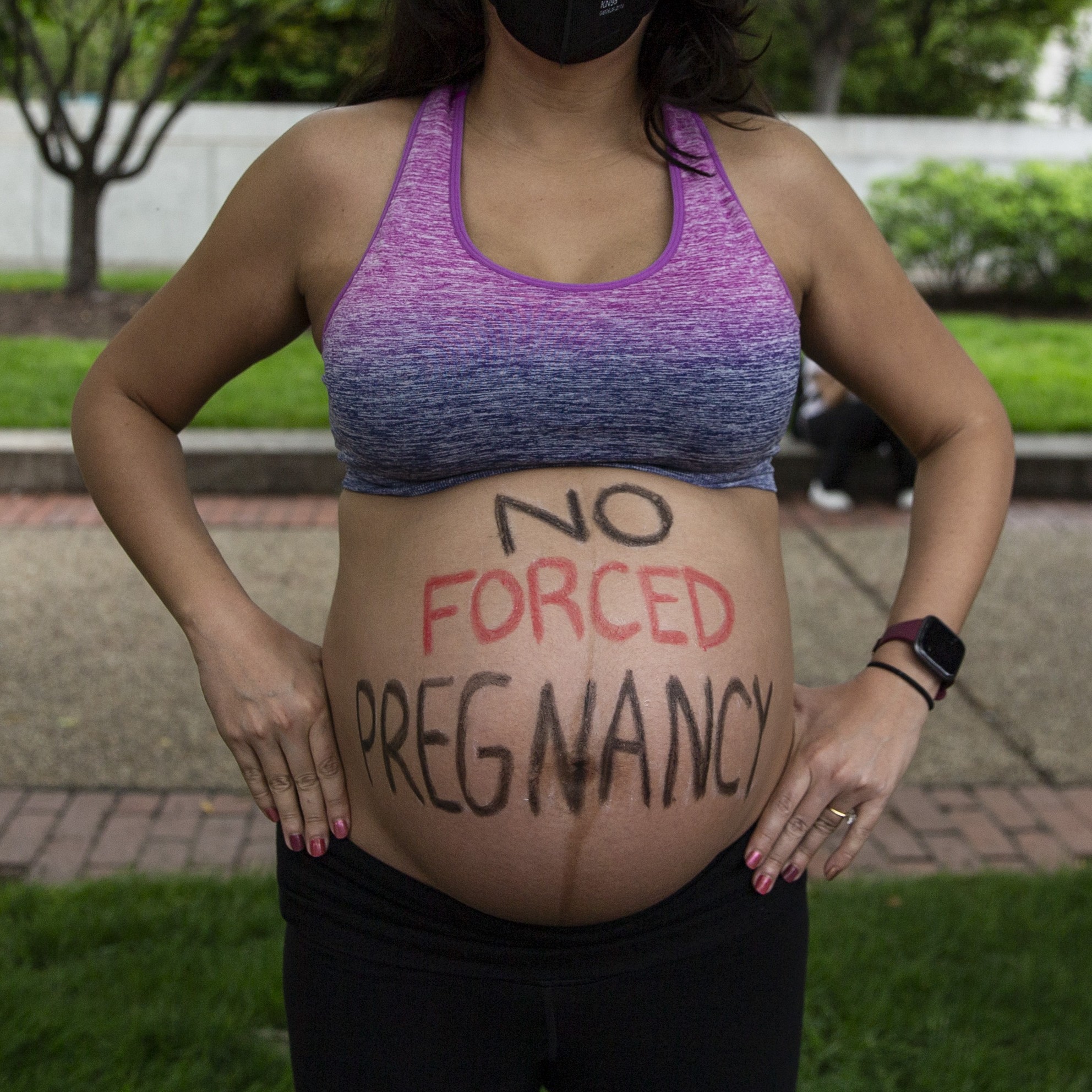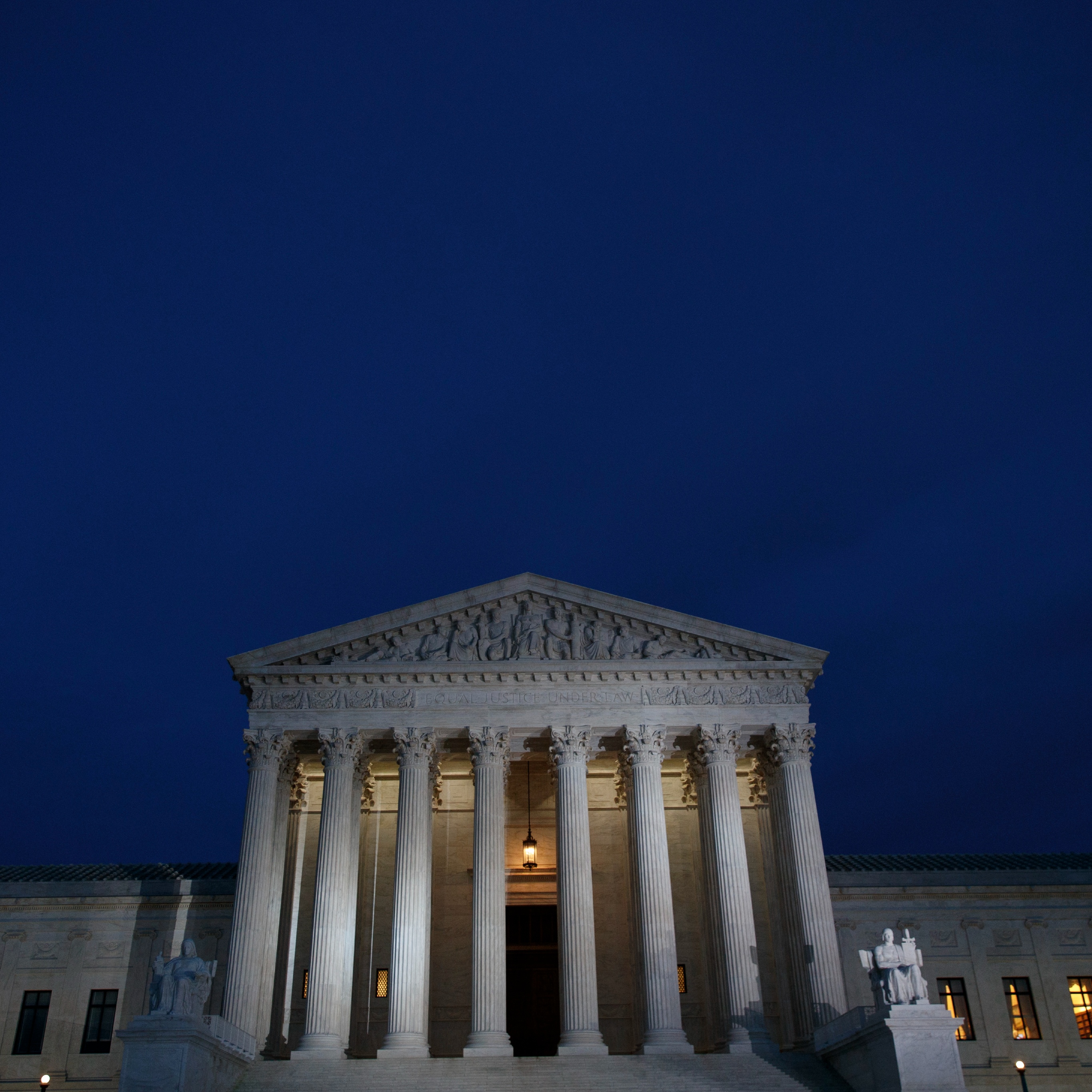Women Are Spending $1.4 Billion Less on Birth Control Because of Obamacare
Thanks, Obama. (No, seriously.)


If you use birth control, you might have noticed the price tag drop dramatically—even down to zero. And that's thanks to Obamacare, which, agree with it or not, has made it way easier for women across the country to afford contraception.
Obamacare, which is actually called the Affordable Care Act, mandates that private health insurance plans cover contraception. And that has left women with a lot more spending money. A study published in the journal Health Affairs found that American women are spending more than $1.4 billion less on birth control pills alone since the law was passed.
Researchers at the University of Pennsylvania analyzed claims data from a national health insurer to figure out how much women were paying out of pocket before and after the Affordable Care Act was put into place. The patients they tracked were women ages 13-45 from all 50 states and Washington, D.C.
And the results were heartening for anyone on a budget, which is everyone. The average consumer cost for a birth control pack fell from $32.74 in 2012 to $20.37 in 2013, and an IUD dropped dramatically, from $262.38 to $84.30. Overall, IUD users saved $248 and women who took the pill saved $255.
But wait: If insurance has to cover birth control without any copay, why are women spending anything at all? That's because not all brands are required to be covered at no cost to the consumer, and some women are still enrolled in health plans that are either "grandfathered in," or exempt for religious reasons.
Either way, cheaper birth control is likely going to have a huge impact on the state of women in America. Colorado's teen birth rate dropped 40% due to a six-year program that distributed free long-acting contraception like IUDs. And these researchers say that women of all ages will benefit. "In the long term, if we do in fact see an increase in the use of contraceptives, that could potentially lead to a lower overall fertility rate, and potentially increased economic opportunities for women and their families," researcher Daniel Polsky said in a statement.
Stay In The Know
Get exclusive access to fashion and beauty trends, hot-off-the-press celebrity news, and more.

Megan Friedman is the former managing editor of the Newsroom at Hearst. She's worked at NBC and Time, and is a graduate of Northwestern's Medill School of Journalism.
-
 These Affordable Sneakers Have Won Over Nearly Every Stylish A-Lister
These Affordable Sneakers Have Won Over Nearly Every Stylish A-ListerGet the A-list look for less.
By Brooke Knappenberger
-
 Daisy Edgar Jones Just Carried Bella Hadid's Favorite Under-$200 Bag
Daisy Edgar Jones Just Carried Bella Hadid's Favorite Under-$200 BagI need one in every color.
By Halie LeSavage
-
 Fairy Tale Movies So Sweet and Fantastical You'll Forget About Reality for A Little While
Fairy Tale Movies So Sweet and Fantastical You'll Forget About Reality for A Little WhilePrincesses, mermaids, and true love's kiss, oh my!
By Katherine J. Igoe
-
 36 Ways Women Still Aren't Equal to Men
36 Ways Women Still Aren't Equal to MenFeatures It's just one of the many ways women still aren't equal to men.
By Brooke Knappenberger
-
 The Secret to Having \201cIt All\201d? A Society That Actually Supports Women
The Secret to Having \201cIt All\201d? A Society That Actually Supports WomenWhen asked how I \201chave it all,\201d I often cite my own hard work. But the truth is I had access to certain rights and privileges that are now under more attack than ever.
By Jo Piazza
-
 This Bill Wants to Stop Anti-Abortion Groups From Getting Your Private Data. Period
This Bill Wants to Stop Anti-Abortion Groups From Getting Your Private Data. PeriodPost-Roe period tracking apps and search history suddenly have serious implications.
By Emily Tisch Sussman
-
 Post-Roe, Pregnant People Will Become Suspects
Post-Roe, Pregnant People Will Become Suspects\201cWe anticipate a very dramatic increase in the rate of criminalization of all pregnancy outcomes.\201d
By Lorena O'Neil
-
 14 Abortion Rights Organizations Accepting Donations to Support Their Fight
14 Abortion Rights Organizations Accepting Donations to Support Their FightFeatures 'Roe' is no longer the law of the land, but these organizations won't stop fighting.
By Gabrielle Ulubay
-
 Lawmakers, Activists, and Allies Are Reacting With Fury to 'Roe' Being Overturned
Lawmakers, Activists, and Allies Are Reacting With Fury to 'Roe' Being OverturnedThousands are taking to Twitter to express their grief and anger.
By Tanya Benedicto Klich
-
 Justice Clarence Thomas: LGBTQ+ Rights and Contraception Are Next
Justice Clarence Thomas: LGBTQ+ Rights and Contraception Are Next"We should reconsider all of the Court's substantive due process precedents..."
By Jenny Hollander
-
 Roe Is Gone. We Have to Keep Fighting.
Roe Is Gone. We Have to Keep Fighting.How To Democracy always offers a path forward even when we feel thrust into the past.
By Beth Silvers and Sarah Stewart Holland, hosts of Pantsuit Politics Podcast